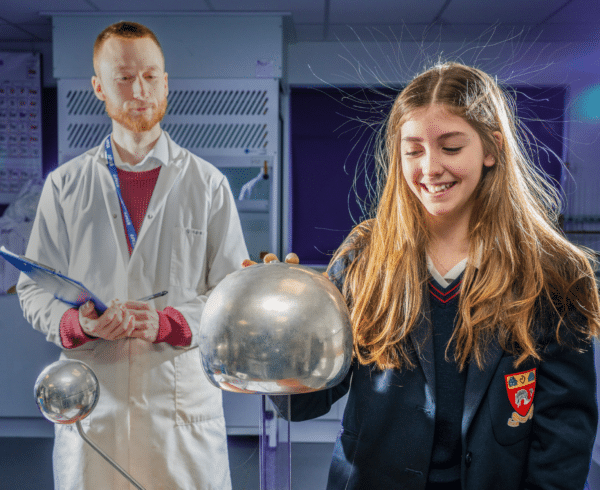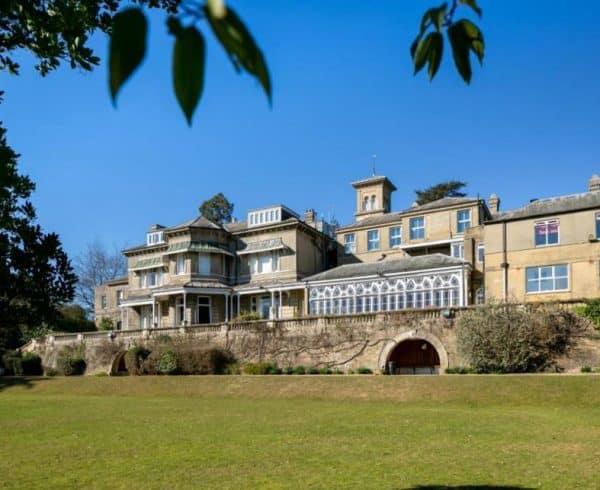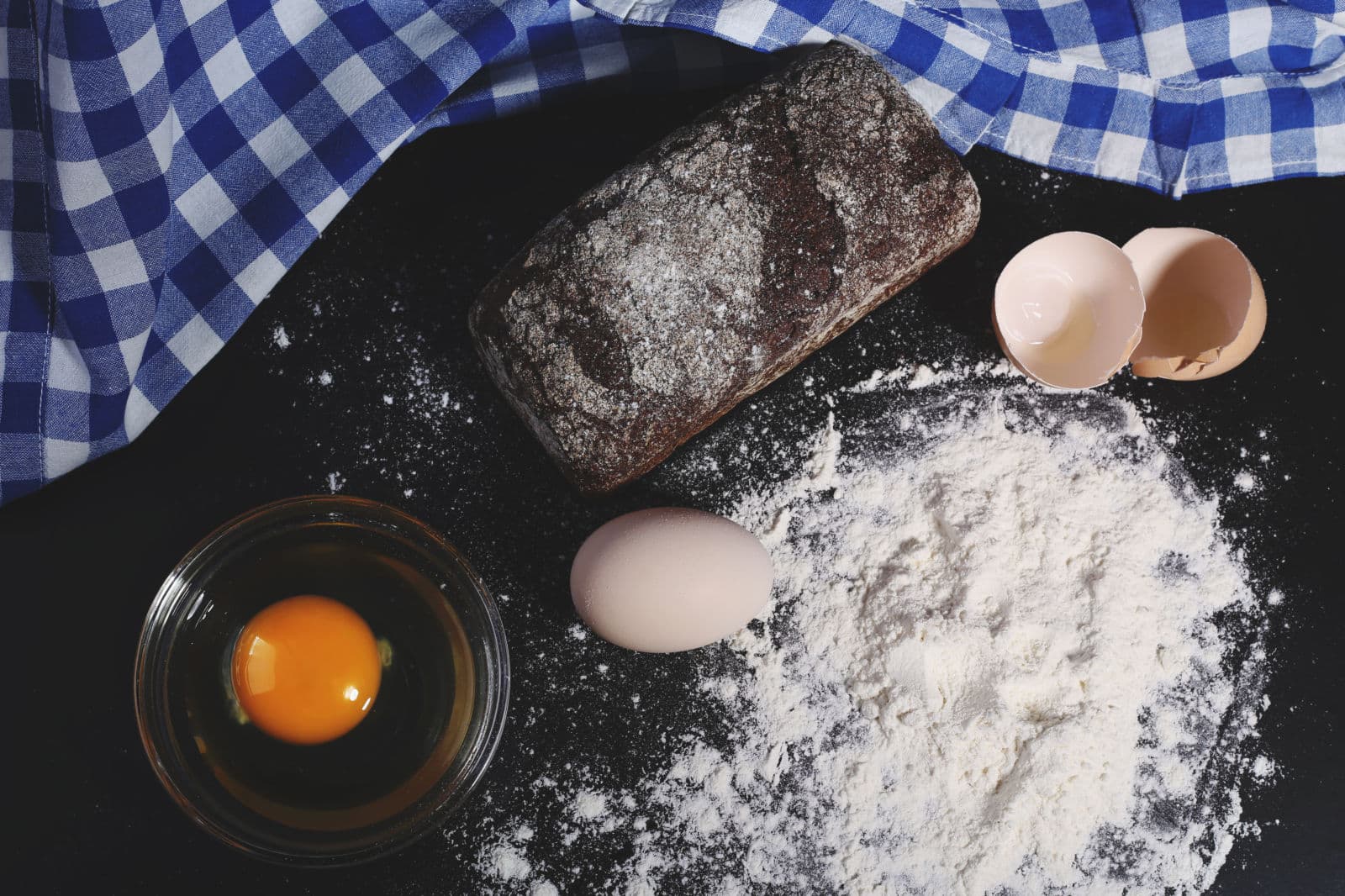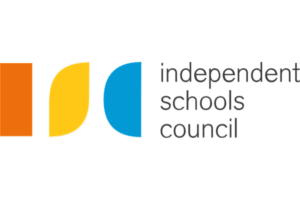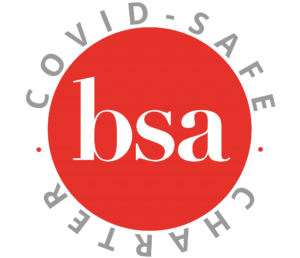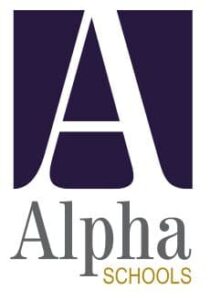Level 3 Food Science & Nutrition
Introductory DT Video
A Level DT Video
What kind of student would enjoy this course?
This course is ideal for students who are creative and enjoy cooking, although you do not need to be Mary Berry or Michel Roux Jnr. GCSE Food Preparation and Nutrition is not essential either, although the course builds on previous knowledge. It would help if students had some scientific background, particularly chemistry as the course covers the structure of each nutrient and the chemical changes during cooking processes. An interest in food and food establishments is essential as there will be visits to food shows, shops and markets as well as talks and demonstrations from food professionals.
What will I study?
This Level 3 course has three units:
Unit 1: Meeting Nutritional Needs of Specific Groups, completed in Year 12 involves a controlled assessment and a written examination. The unit deals with real life scenarios and case studies involving a spa, care home, café or hotel and there is an examined practical where food suitable for a specific nutritional need is prepared.
Unit 2: Ensuring Food is Safe to Eat, is completed in Year 13 has an internal assessment completed under timed conditions. This involves analysing all the risks in a particular food setting such as a food festival or buffet.
Unit 3: Experimenting to Solve Food Production Problems or Unit 4: Current Issues in Food Science and Nutrition is completed in Year 13 and is chosen by the student. It involves a controlled assessment. Unit 3 deals with a problem such as how to avoid soggy pastry or meringues that break too easily, and the work involves carrying out experiments which would result in how to make the best pastry or meringue. Unit 4 could be an investigation into a contemporary issue such as vegan foods, healthy school meals or eating healthily on a budget.
If you choose to complete Unit 1 only in Year 12 you will be awarded a Certificate of Food Science and Nutrition.
The course covers the following topics: Nutritional needs; Nutrient structure; Energy balance; Dietary planning; Current health factors and concerns; Health promotion; Dietary needs of individuals; Influences of Culture; Food choice; Current issues; Food safety and hygiene; Food science; Food Production; Food poisoning; Risk Assessment and Sensory Analysis.
An additional food hygiene qualification will also be studied online to support this course content.
What skills will I gain?
You will gain a wealth of knowledge about the food and nutrition industry. You will have the opportunity to learn about the relationship between the human body and food as well as practical skills for cooking and preparing food. The practical skills will deal with high level preparation, cooking and presentation skills.
You will solve problems relating to serving food safely, develop the ability to think independently, carry out and analyse case studies, present work and make plans to enhance your time management.
What could I do at the end of my course?
Being a chef is not an option as this is not a catering qualification, though it can lead directly to further study in many areas linked to Food. It is recognised by universities as it is awarded UCAS points and the range of higher education courses include Consumer Service Management, Food Science, Resource Management and Nutrition. This could lead to careers including teaching, dietetics, catering, food production, food retail and management.





